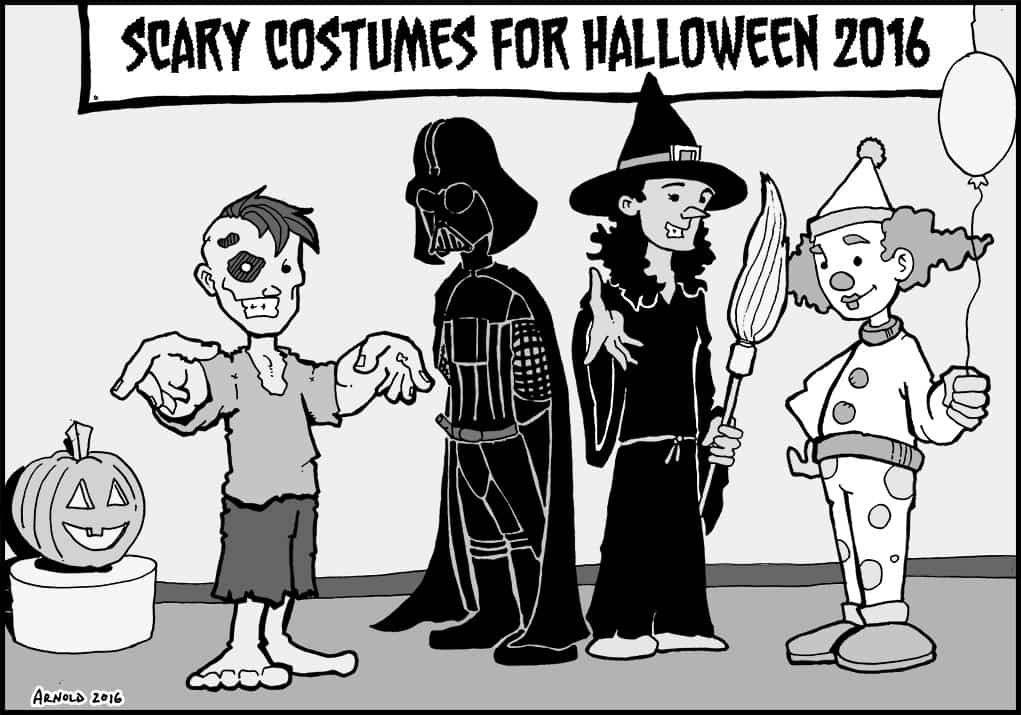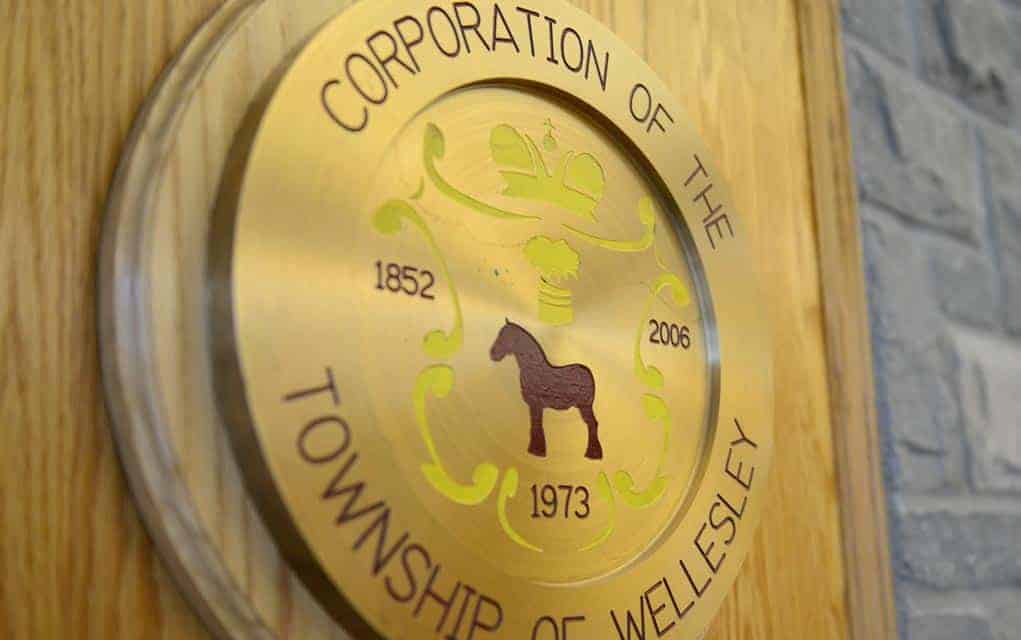The vast majority of residents in the Kitchener-Conestoga riding are in support of a referendum before any changes are made to Canada’s electoral system, according to responses from a survey sent out by federal MP Harold Albrecht.
Albrecht mailed information on electoral reform to all constituents in his riding last month and asked them to share their views on the topic.
Of them, 1,178 constituents responded. Most of them – 1,058, or nearly 90 per cent – said they support a referendum, while 114 indicated a referendum wasn’t necessary and six were undecided.
“I was hoping for a strong support for a referendum because quite frankly that’s where I lean. But I tried to give an unbiased approach to the actual paper and I was thinking if we had 80 per cent I’d be thrilled,” Albrecht said.
The results were sent to the special committee studying electoral reform. The committee has spent months gathering opinions from across the country on electoral system options other than Canada’s current first-past-the-post system. It’s part of the federal government’s decision to put a new voting system in place before the next federal election.
Albrecht said the literature he sent to his constituents explained the pros and cons of having a referendum and also asked them to give their feedback. The goal was to get as many constituents as possible providing input into the process.
“It’s just a matter of letting more constituents have a voice. We could have done a roundtable, we could have done a town hall meeting, but we would never have had 1,178 people participate,” he said.
He notes his main concern with doing a referendum is it has to be a clear question due to the complexity of the issue.
Albrecht has been clear even in the last election of his support for the first-past-the-post system, despite its drawbacks. He says all systems have strengths and weaknesses but he takes issue with systems of proportional representation.
When he visited Moldova two years ago, who uses a proportional representation system, as an election observer he recalls there were more than 20 different party names on the ballot.
“The other thing with proportional representation is that people who are vying to be members of parliament would need to be vetted by the actual party and ranked in a system so that those who were highest in their ranking for that party would be the ones who would end up being in parliament. So the party actually has more control over their members of parliament through the proportional system than they do in the current system,” Albrecht said.
He also has concerns with how proportional representation tends to increase the size of ridings and the effects that would have on MPs trying to represent all those people. Although, supporters of proportional representation argue it creates greater representation.
Once the committee decides what the options for the electoral system will be, Albrecht plans to send out more material to keep his constituents informed.
“For me the key is getting as many Canadians as possible involved in the actual decision … I think everyone that wants to has to have a say. That’s why we’re saying a referendum is the best way to do it.”









